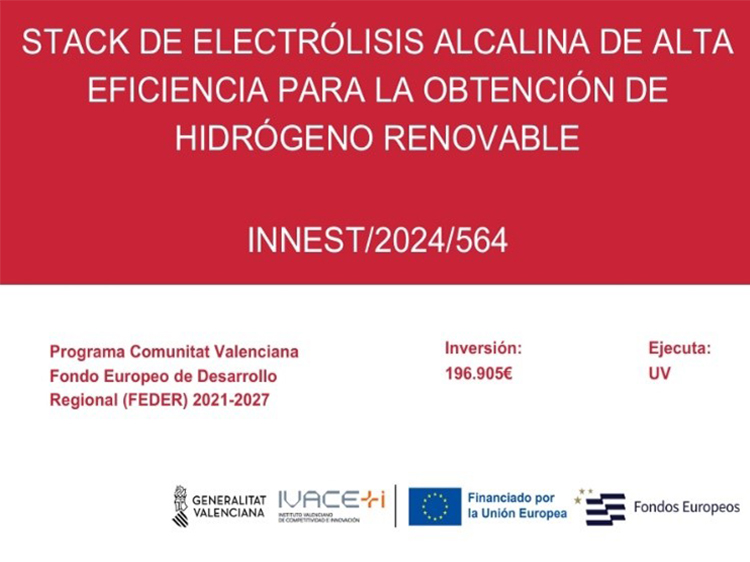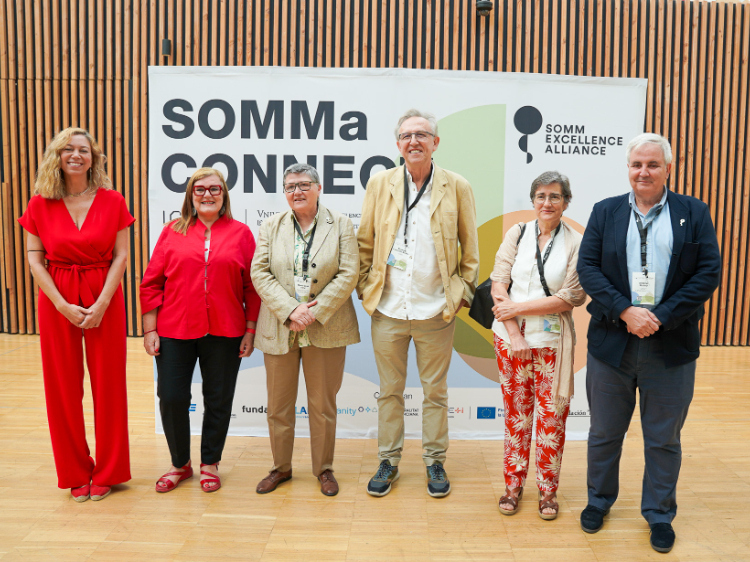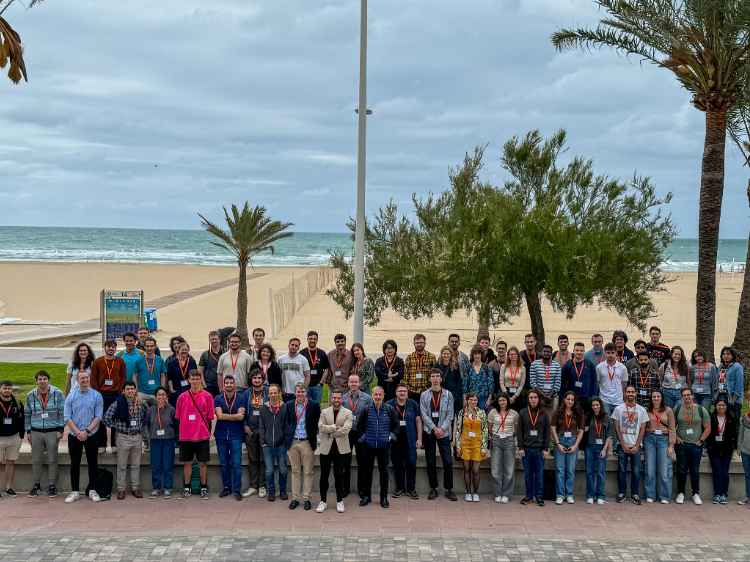Manuel Souto, investigador del ICMol, entre los asesores científicos que se preparan para llevar la ciencia al Parlamento

La iniciativa ciudadana “Ciencia en el Parlamento”, entre cuyos coordinadores se encuentra Manuel Souto, y la Fundación Española para la Ciencia y la Tecnología (FECYT) han organizado unas jornadas en las que una serie de científicos seleccionados a través de una convocatoria pública han podido conocer diferentes enfoques del asesoramiento científico a distintos niveles y desarrollar habilidades para la preparación de informes de evidencias y de comunicación con políticos.
Los días 4 y 5 de julio, un grupo de investigadores de diferentes áreas del conocimiento y en distintas fases de la carrera investigadora recibió un curso de asesoramiento científico y tecnológico al poder legislativo impartido por expertos nacionales e internacionales, entre los que destacan el Dr. Chris Tyler, Director de Políticas Públicas en University College of London y ex director de la Oficina Parlamentaria de Ciencia y Tecnología del Reino Unido (POST), Elvira Fortunato, miembro del Mecanismo de Asesoramiento Científico (SAM) de la Comisión Europea, y Theo Karapiperis, de la unidad de prospectiva científica de la oficina de asesoramiento científico del Parlamento Europeo (STOA).
Esta primera promoción de técnicos de asesoramiento científico está formada por 25 científicos seleccionados entre más de 200 candidatos. En total, 10 hombres y 15 mujeres, con edades comprendidas entre los 26 y los 49 años y procedentes de distintas comunidades autónomas (Madrid, Cataluña, Comunidad Valenciana, Andalucía, Castilla y León, Aragón, Asturias, Navarra y Canarias), Estados Unidos y Reino Unido, se preparan para llevar la ciencia al Parlamento.
Al finalizar el curso, que tuvo lugar en el Museo Nacional de Ciencia y Tecnología (MUNCYT), los técnicos comenzaron a trabajar para recabar las evidencias científicas existentes en temas de gran relevancia social (cambio climático, envejecimiento, contaminación, conciliación familiar y social, etc.) que se debatirán en las jornadas #CienciaenelParlamento 2018 que tendrán lugar en el Congreso de los Diputados los días 6 y 7 de noviembre en el marco del 40 aniversario de la Constitución española.
El objetivo final de esta iniciativa es establecer los mecanismos de diálogo y formación entre científicos y políticos -que ya existen en otros países europeos como Reino Unido, Alemania o Francia- para garantizar así que las decisiones estratégicas que se tomen en el proceso de elaboración de leyes y políticas públicas incorporen la evidencia científica disponible en el momento en el que son elaboradas. De este modo, se consigue también que la investigación conecte más con las necesidades que la sociedad demanda.
Más información: https://www.cienciaenelparlamento.org/














